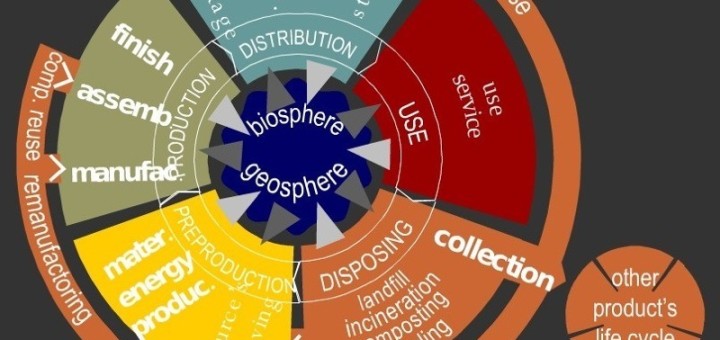World Poverty Econosystemics (Part I)
With the industrial revolution, beginning around 1775, large flows of energy and resources began to bypass the majority of humans under control of the higher sociopolitical layers. As represented by the dark arrows, fossil fuel and mineral resource flows fed a rapidly developing “high-technium”, implemented by engineers, architects, and managerial talent, and controlled by “capitalists” or political leaders. The lower social majority had to find a way to serve the Technium as “labor”, or continue basic subsistence largely outside the transformational processes of the Technium.


Recent Comments